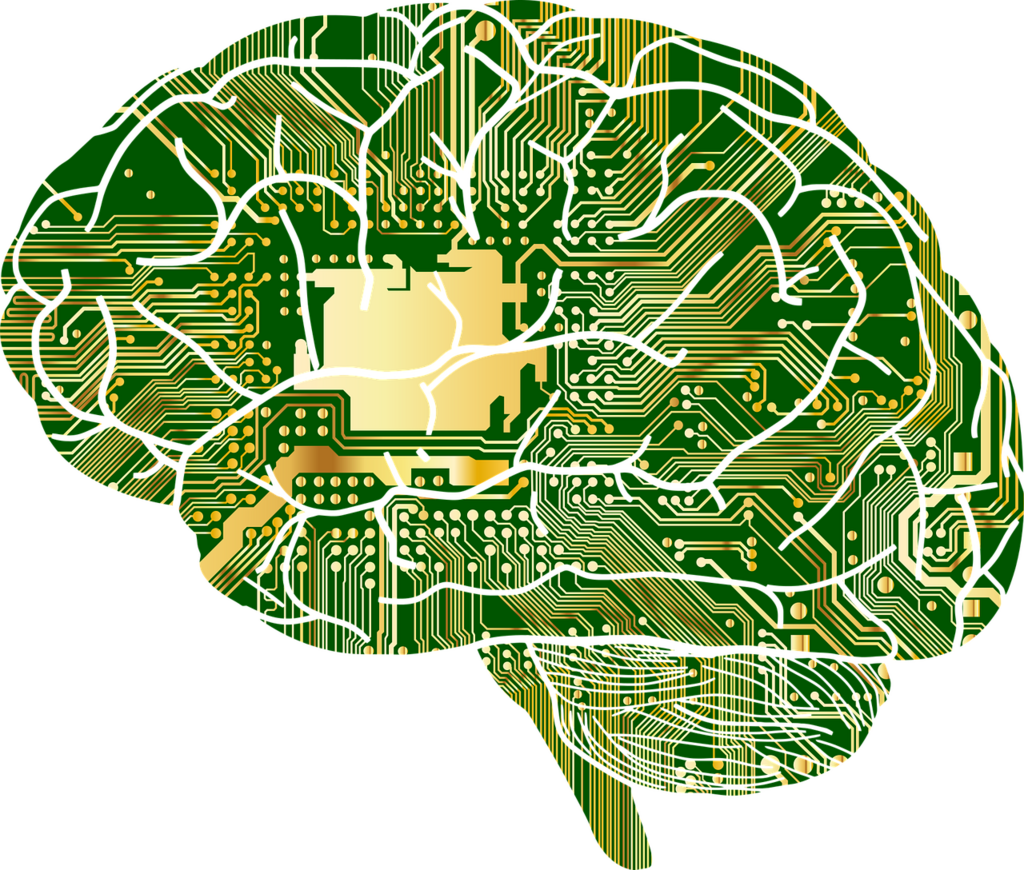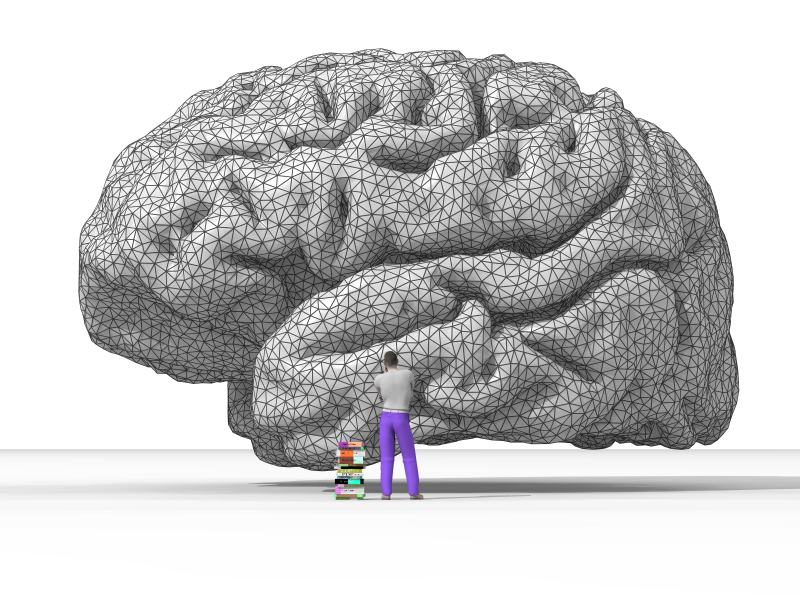Artificial intelligence (AI) is rapidly revolutionizing various scientific fields, from drug discovery to climate modeling. With its ability to analyze vast amounts of data, AI is accelerating discoveries that would have taken years through traditional methods. A recent study highlights groundbreaking advancements in AI-driven scientific research, demonstrating its potential to reshape the future of discovery.
AI in Drug Discovery: Speeding Up Medical Breakthroughs

One of the most promising applications of AI is drug development. Traditional methods of drug discovery can take over a decade, but AI-powered models are significantly reducing this timeline. Researchers have utilized AI algorithms to predict molecular interactions, identify potential drug candidates, and even design new compounds. A notable success story is the AI-generated antibiotic halicin, which was discovered by analyzing millions of chemical compounds in a fraction of the usual time.
AI-Climate Science: Enhancing Predictions and Mitigation Strategies
Researchers are utilizing AI to improve climate forecasts, making them more accurate and timely. Machine learning algorithms process complex climate data, aiding in better predictions of weather patterns and climate change impacts.
AI Transforming Peer Review: Opportunities and Concerns
The integration of AI into the peer review process is transforming scientific publishing. AI tools assist in reviewing manuscripts, aiming to increase efficiency and consistency in evaluations. However, this development has sparked discussions about the role of AI in maintaining the quality and integrity of scientific assessments.
Ethical Considerations in AI Research
The adoption of AI in research raises ethical questions, particularly concerning bias and discrimination. Ensuring that AI systems operate fairly and transparently is important to maintain trust and integrity in scientific endeavors.
Conclusion

AI is undeniably transforming scientific research, offering tools that enhance capabilities across multiple disciplines. As we harness these technologies, it is imperative to address the accompanying ethical challenges to fully realize AI’s potential in advancing science and benefiting society.
Source:
American Society for Microbiology





